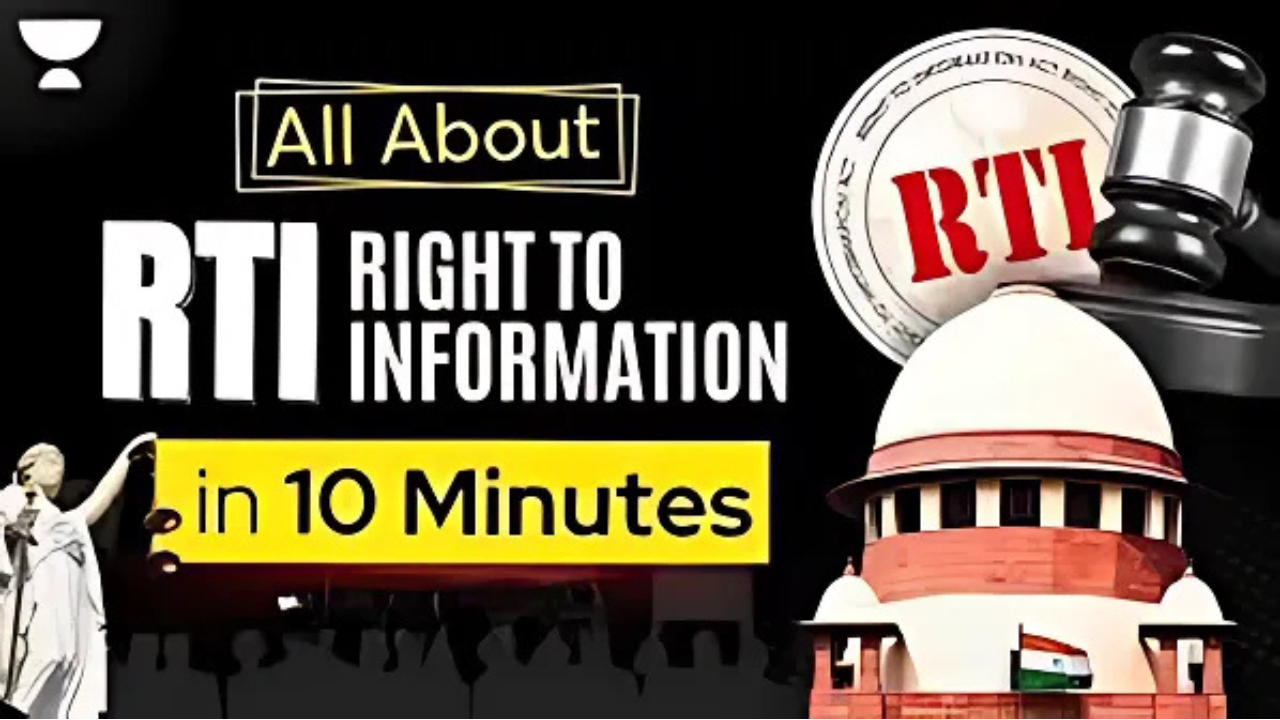RTI Act 2025: Is It Still a Strong Tool for the Common Man?
The Right to Information (RTI) Act, launched in 2005, was seen as a game changer. It gave every citizen the legal power to ask the government questions — and get answers. From exposing scams to seeking accountability, RTI helped many people fight injustice.
But now in 2025, many are asking: “Is the RTI Act still useful? Or has it lost its power?”
In this simple guide by Scoopearth, we break down the current status of RTI, recent changes, and what it means for ordinary people like you and me.
What Is RTI in Simple Terms?
RTI gives you the right to ask for information from government departments — like how funds are being spent, why a project is delayed, or how decisions are made.
For example:
- You can file an RTI to ask why your ration card is delayed.
- You can ask how much your local panchayat spent on building a school.
The goal of RTI is transparency — making sure government work is open and honest.
What Has Changed Recently?
In recent years, some changes and issues have made using RTI more difficult:
1. New Data Laws Affect Access
The Digital Personal Data Protection (DPDP) Act 2023 has made some personal information harder to access, even if it’s important to the public.
This means if someone files an RTI to check a corrupt officer’s background or spending record, they may not get all the details.
2. Delays in Responses
Many RTI replies take too long to come. Some applicants wait months or even years, which makes the whole process frustrating.
3. Too Many Pending Cases
State Information Commissions (which handle RTI appeals) have huge backlogs. Thousands of RTI appeals are waiting to be heard.
Are People Still Using RTI?
Yes. Even with delays and obstacles, citizens are still using RTI to bring out hidden facts. Journalists, activists, and even students use RTI to:
- Expose corruption
- Get their basic rights
- Understand government policies
Good News: Some States Are Doing Better
While RTI faces issues, there are states trying to improve things:
Maharashtra
RTI responses are being uploaded online for public viewing. This helps increase trust and reduces repeated applications.
Kerala
The High Court recently ruled that Information Commissioners should be treated with the same respect and benefits as top judges — recognizing their important role in ensuring transparency.
Final Words
The RTI Act is still powerful — but it needs better protection and quicker action to remain effective. It is a tool that every Indian should know how to use.
When the system becomes slow or unfair, RTI gives us a way to ask questions — and expect answers.
📌 For updates on how laws affect your rights, stay connected to Scoopearth — where news is explained simply and clearly.
Frequently Asked Questions (FAQs)
Q1. What is RTI?
RTI is your legal right to ask for information from government offices.
Q2. How do I file an RTI?
You can write an application on plain paper or file online on the government RTI website.
Q3. Is there a fee?
Yes, usually ₹10 for central government departments. Some state rules may differ.
Q4. Can I use RTI to ask about someone else’s personal info?
Only if it’s in public interest. Otherwise, under new data protection laws, it may be denied.
Q5. Can I appeal if I don’t get a reply?
Yes, you can file a First Appeal, and then go to the State or Central Information Commission.
✅ Bookmark Scoopearth
✅ Stay aware. Stay informed. Know your rights.







